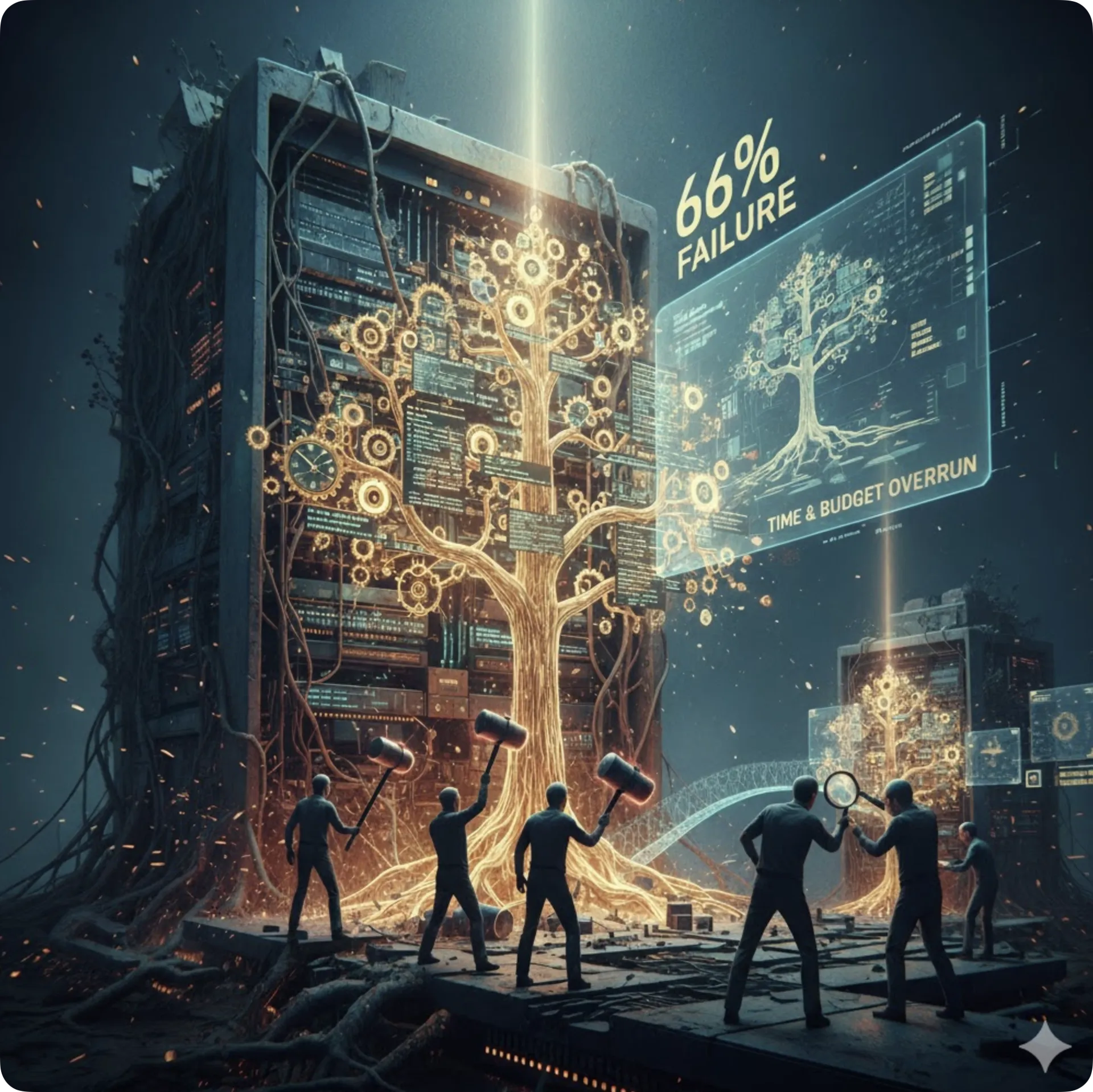Reasserting Control: Anchoring Technology Strategy In Enterprise Knowledge
In the Information Technology sector, chaos isn't an aberration; it's the operating system. Discover why Strategic Operating Knowledge is the constant that anchors sound IT strategy when everything else is in flux. The Unstable State of IT In the Information Technology sector, chaos isn't an aber...





